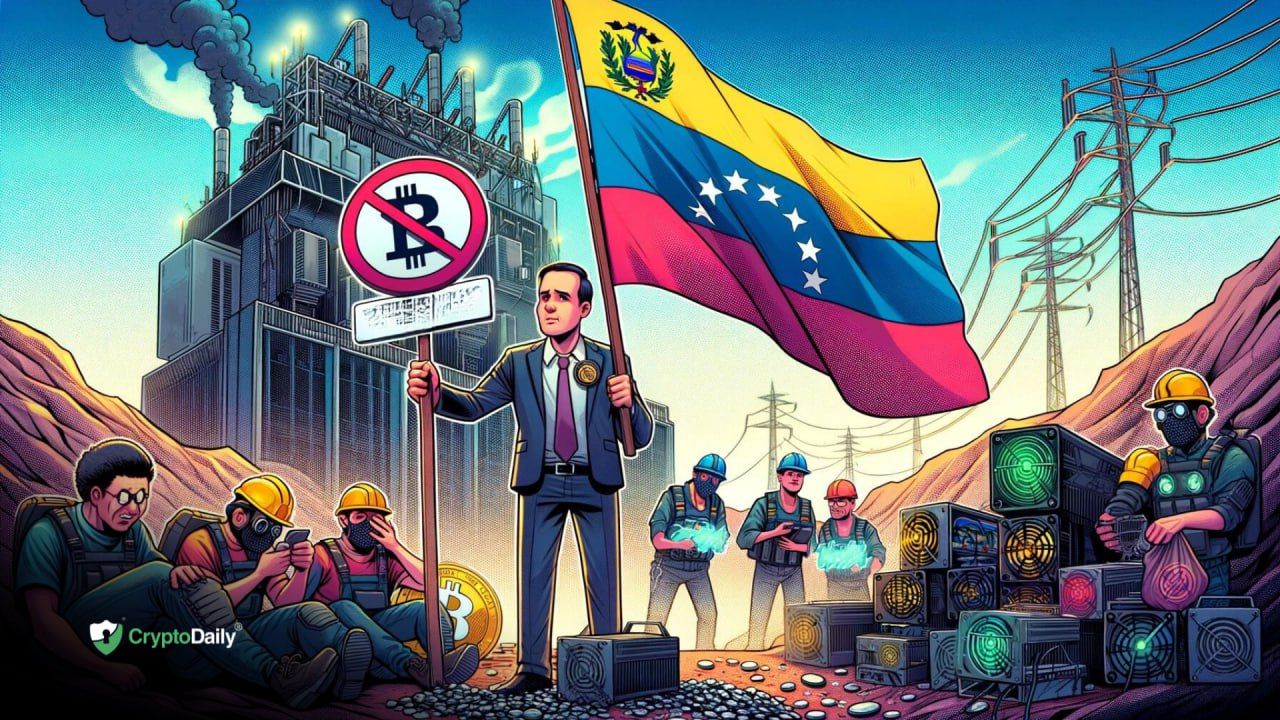
Table of Contents
- Cryptocurrencies Elevate Gig Workers in Digital Casino Arena
- Transforming Gig Work
- Fast, Efficient Money Transfers
- Borderless Payments for Global Opportunities
- Enhanced Privacy and Security
- Exploring the Gig Economy via Digital Assets
- Managing Income with Crypto
- Investing in Future Growth
- Bonus Structures and Bounty Programs
- Smart Contracts: Setting New Standards for Freelance Agreements
- Coding Trust Into Automation
- Resolving Disputes on the Blockchain
- Tailored Contracts for Specific Projects

Cryptocurrency is revolutionizing how gig workers get paid and work. It offers lightning-fast payments, lets them work anywhere, and gives them more financial control.
This article explores how cryptocurrency is changing the gig economy, empowering freelancers with autonomy and security.
Cryptocurrencies Elevate Gig Workers in Digital Casino Arena
The embrace of digital currencies within gig roles across online gaming and casino realms ushers a transformative epoch of financial empowerment for workers. This tech convergence yields manifold advantages, reshaping transactions, earnings distribution, and inclusivity.
Notably, for casino gig professionals like developers, marketers, and support teams, cryptocurrencies reshape employment engagement and financial management. Instant, cross-border transfers empower global workers, ensuring swift fund access while minimizing fees—a boon compared to traditional systems.
By integrating cryptocurrencies, online casinos position gig talents for enhanced work experiences and satisfaction through favorable financial dynamics.
Furthermore, the innate transparency and security of blockchain technology powering cryptocurrencies instill trust and reliability for casino gig workers. Blockchain’s decentralized architecture ensures secure, immutable, and verifiable transactions—crucial in an industry prioritizing trust.
Gig talents thus mitigate payment disputes, assured of fair compensation. The anonymity and privacy afforded by cryptocurrencies also align with many workers’ preferences for discreet, secure financial dealings.
As games such as online blackjack real money evolve through cryptocurrency adoption, they present gig workers not merely employment prospects but a frontier of financial empowerment and innovation—setting new benchmarks for the gig economy overall.
Transforming Gig Work

The crypto industry’s growth is fueling the gig economy’s rise. It’s creating new opportunities for freelancers to find fair work and control their careers as they choose. Sites like HYVE show crypto payments improve how freelancers get paid. They get paid instantly and have security beyond traditional banking.
Bringing cryptocurrency to gig jobs has sped up transactions. It opens doors globally and strengthens privacy and security for digital workers.
Fast, Efficient Money Transfers
For freelancers, time equals money. So fast payments are key. Blockchain tech has significant advantages here.
- It slashes payment times from days to minutes or seconds, beating banks.
- By cutting out the middlemen, peer-to-peer crypto payments are quicker and cost less.
- Freelancers are freed from slow, often expensive systems that used to limit their money flow.
This fast access to earnings through crypto payments is a big plus, especially for freelancers juggling personal and work duties while needing steady cash.
Borderless Payments for Global Opportunities
Crypto has genuinely opened up the gig economy globally, letting freelancers tap into broader markets by accepting crypto payments. It sidesteps currency exchange hurdles and international transaction fees. Key benefits for gig workers paid in crypto include:
- Less hefty banking charges;
- More freelance work options worldwide;
- Better chances to get paid in cryptocurrency.
This inclusivity mainly aids those seeking gigs with innovative Web3 firms who prefer to remote talent globally.
Enhanced Privacy and Security
For gig workers, crypto transactions offer financial privacy and security. Using pseudonymous addresses that don’t reveal personal info (though publicly recorded), they get job security via anonymity. Blockchain’s decentralized design lessens widespread system crashes, giving freelancers a reliable payment system.
Crypto exchanges utilize robust encryption protocols. They use private and public critical systems. As well as consensus models like proof of work or stake.
These ensure transaction security and order—guarding gig workers’ funds from threats or fraud. This setup guarantees legitimacy and protection of earnings for freelancers dependent on gig work as an income source.
Exploring the Gig Economy via Digital Assets

The gig economy experiences immense growth. Freelancers integrate digital assets into financial plans increasingly. Cryptocurrency plays a vital role—not only as an innovative payment option.
But also in earnings management, investing, and incentive models for freelance jobholders. It offers opportunities for growth and steadiness within this dynamic work landscape.
In today’s digital workforce, owning a crypto wallet transcends its primary function. It embodies autonomy while unlocking access to international gigs.
Freelancers choosing a crypto wallet should consider how well it operates with various blockchain ecosystems and token types they plan to engage with. Ensuring their selection supports broader fiscal goals over time.
Managing Income with Crypto
Stability is paramount in crypto, where income management is integral to freelance work. Stablecoins have emerged preferred for many freelancers due to linkage with stable assets like fiat currencies.
Mitigating volatility is often tied to cryptocurrencies like Bitcoin or Ethereum. This protects income value against unpredictable crypto market swings, providing financial stability akin to traditional currencies.
Ramps enable freelancers to switch crypto to cash money, uniting digital and traditional economies for daily use. Helpful feature.
Investing in Future Growth
Crypto freelancers invest long-term beyond immediate needs. They dollar-cost average, distributing investment costs over time. Diversification allocates risk across assets. These methods aim to increase profits while protecting against market changes, preserving accessible liquidity as required.
Freelancers dive into utility/governance token investments. This actively engages them in blockchain ecosystem growth and potentially returns rewards from professional efforts.
Investing in utility or governance tokens allows freelancers to actively engage with blockchain ecosystem expansion. They can secure significant returns tied to professional work.
Bonus Structures and Bounty Programs
Bounty programs and incentive schemes offer freelancers opportunities to supplement income in the dynamic crypto industry. Individuals earn rewards by promoting through social media, generating content, or identifying software bugs.
These programs foster community participation and reward meaningful contributions. Freelancers deeply engage with project ecosystems. Thorough research across projects, involvement across campaigns, and stay informed about updates and submission deadlines are crucial to secure compensation for efforts.
You can earn more via affiliate deals. When you successfully refer new platform users or jobs through referral programs like CryptoTask, you get a cut of job commissions or subscription fees. This boosts your potential earnings from using such platforms.
Smart Contracts: Setting New Standards for Freelance Agreements
The gig economy has seen a major shift in how freelance job agreements are formed and executed, thanks to smart contracts. By translating trust into code, these digital marvels have reimagined conflict resolution and enabled highly customized contracts tailored to specific project needs.
As an example, smart contract-based escrow services ensure freelancers get paid once they satisfactorily complete assigned tasks. This creates a reliable environment for clients and service providers alike.
With an immutable record of transactions on the blockchain, there’s greater transparency and accountability across all freelance work opportunities. This builds confidence in gig economy engagements.
Coding Trust Into Automation
Automated trust is becoming a reality in the freelance world through smart contracts. These self-executing digital agreements encode project details like terms, milestones, and payment schedules, eliminating the need for human monitoring.
This streamlines the agreement process while ensuring prompt payment since funds are automatically disbursed upon task completion.
Openness and encoding of blockchain make it more trusted by resolving payment disputes. Enhancing security in freelancing activities is achieved through this tech progress, building a safer work setting for independents.
Resolving Disputes on the Blockchain
Freelancers frequently face issues, but blockchain tech is upgrading how they’re settled. Emerging Blockchain Dispute Resolution (BDR) platforms bring advanced substitutes for fixing disagreements from blockchain and smart contract dealings.
Functioning sans government control or regular mediators, they furnish a diverse and flexible space to address crypto conflicts.
BDR platforms now grant freelancers various adjudication techniques, forging a novel way for dispute settlement ensuring fair, transparent justice.
Tailored Contracts for Specific Projects
In freelancing, it’s recognized that each endeavor demands a singular approach. Smart contracts excel by offering custom solutions for assorted projects.
Both freelancers and clients can leverage the appropriate blockchain platform and programming language to craft agreements precisely matching project objectives and terms.
Such customization ensures fulfillment of all contractual obligations, enabling automatic freelancer payment upon task completion—eliminating ambiguity and promoting transparency among parties.
Specially created smart contracts for projects give a remarkable level of precision and efficient operation, unlike standard contractual arrangements. They establish a framework for enhanced workflow administration and boost client fulfillment through streamlined project completion procedures.
Disclaimer: This article is provided for informational purposes only. It is not offered or intended to be used as legal, tax, investment, financial, or other advice.
Read on TheNewsCrypto Investment Disclaimer





